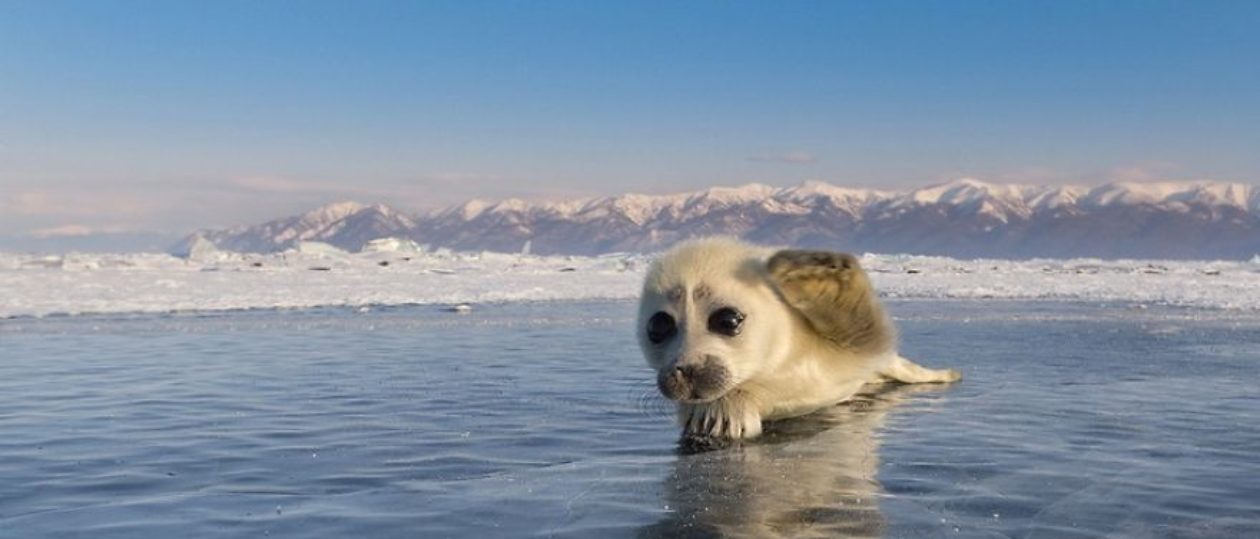
The unnecessary and illegal killing of Cecil the lion in Zimbabwe has brought a lot of media attention to the welfare of animals. I am deeply saddened by Cecil’s death but am grateful for heightened awareness among the public and the positive actions many are taking on behalf of animals worldwide. Airlines such as Delta, United, and American have all banned the transport of big-game trophies on their flights. They said they will not transport the remains of lions, elephants, rhinoceros, leopards or buffalo.
We desperately need to protect our animals. We are now in the middle of one of the greatest mass extinctions of plants and animals since the loss of the dinosaurs 65 million years ago. Plus, scientists estimate we are losing dozens of species every day. They calculate 30-50% of all species could be extinct by 2050.
Do you know which animals are on the critically endangered species list? Quiz yourself. Here are some of the answers: the Sumatran Rhino, the Leatherback Turtle, the Mountain Gorilla, the Vaquita, the Yangtze Finless Porpoise, the Sumatran Tiger, the Sumatran Elephant, the Amur Leopard, and the Pangolin.
When we lose species it is like losing pieces of a puzzle which fit together and make up a big picture. If you lose one piece small changes lead to big problems which are not easy to solve. Plants, animals, and humans all depend on one another and are part of a giant ecosystem. Losing one piece, even if it is small, unravels our sustainability, and that affects every single one of us. One thing we can all do is protect animal and plant habitats. Our very future and well-being depend on it.






